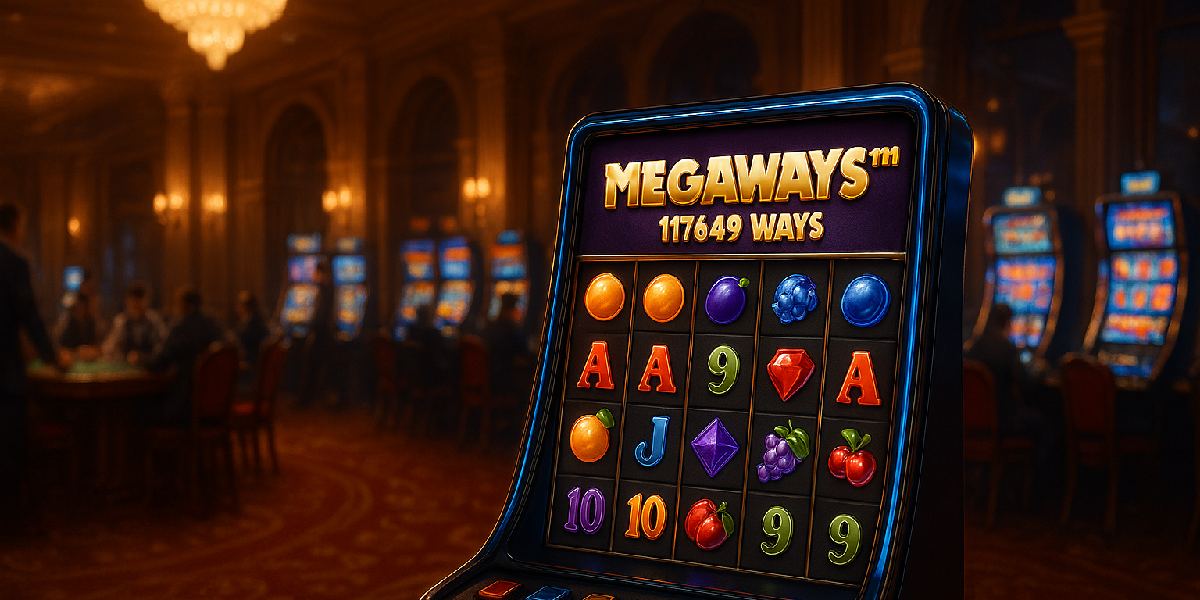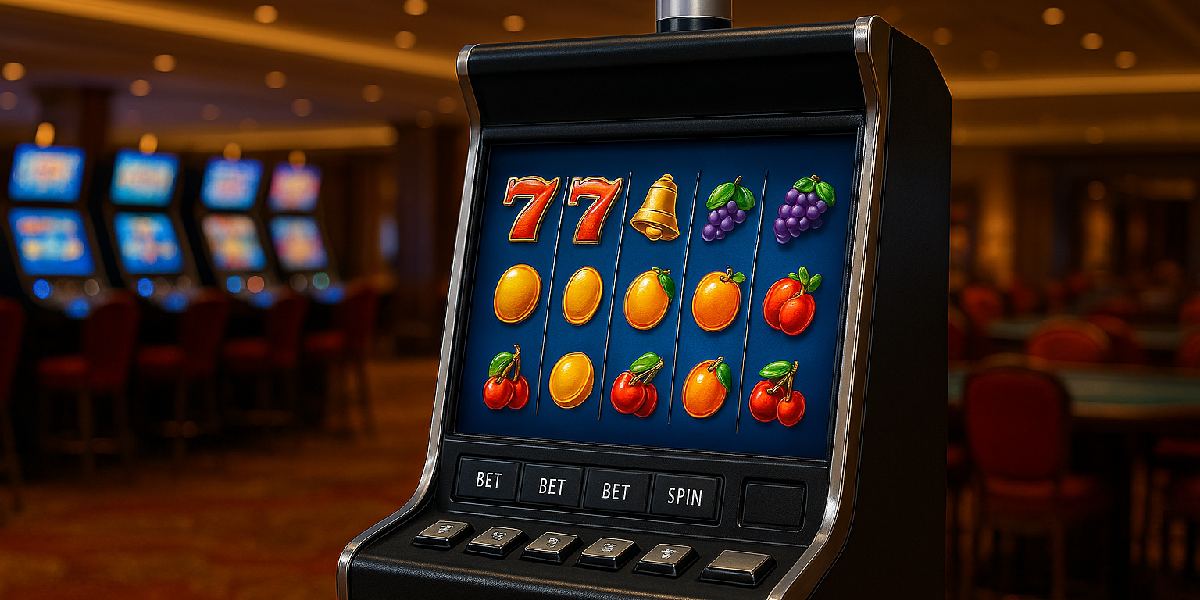Random Number Generators (RNGs) are at the heart of most online casino games, ensuring fairness and unpredictability. Without RNGs, the integrity of online gaming would be compromised, as players would not be able to trust the outcomes. This article will explain what RNGs are, how they function in online gaming, and why they are essential for ensuring that games are fair and enjoyable.
What is a random number generator (RNG)?
A Random Number Generator (RNG) is a software algorithm used in online games to generate sequences of numbers that are entirely random. These numbers are used to determine the outcome of various game events, such as card deals, dice rolls, or roulette spins. RNGs are designed to simulate randomness, so players cannot predict the results based on previous outcomes.
The basics of RNG technology
RNGs in online gaming are typically software-based, but they function similarly to physical random number generators used in real-life casinos. The core purpose of RNGs is to produce a random, unpredictable sequence of numbers. These numbers are then used to determine the results of the game.
The randomness in RNGs ensures that no two spins, deals, or rolls will ever be the same, offering players a fair and exciting gaming experience. RNGs use complex algorithms to generate numbers that appear random but are carefully designed to provide a balanced gameplay experience.
How RNGs work in online casino games
Understanding how RNGs function is key to understanding their role in online gaming. These systems rely on intricate algorithms to produce random results, ensuring fairness for all players.
The process behind RNGs
When you start a game, the RNG algorithm begins generating numbers, often at a very high speed. For games like slots, each spin produces a random number that corresponds to a symbol or outcome. In table games like blackjack or roulette, RNGs produce random values for cards or wheel spins.
These numbers are generated even when the game is not being played, making it virtually impossible for players to predict the outcome. The RNG continues to produce numbers until the game event (like a spin or card deal) occurs, at which point the number produced determines the result.

Types of RNGs used in online gaming
Not all RNGs are created equal. There are different types of RNGs used depending on the game, but all serve the same purpose: to ensure randomness and fairness.
Pseudorandom number generators (PRNGs)
The most common type of RNG used in online games is the Pseudorandom Number Generator (PRNG). These are algorithms that produce number sequences that appear random but are generated from an initial value or “seed.” PRNGs are incredibly efficient and fast, making them ideal for the fast-paced nature of online casino games. The seed value can come from various sources, but it is generally impossible to predict without knowing the specific algorithm used.
True random number generators (TRNGs)
True Random Number Generators (TRNGs), on the other hand, rely on physical processes to generate numbers. For instance, TRNGs can use atmospheric noise or radioactive decay to produce randomness. While they are often more accurate in terms of randomness, TRNGs are more expensive and slower compared to PRNGs, making them less commonly used in online gaming. However, some high-stakes games may rely on TRNGs to ensure complete unpredictability.
The importance of RNGs in ensuring fairness
RNGs are crucial for maintaining fairness in online gaming. They ensure that no player has an advantage, and that every game is as fair and unpredictable as possible.
Avoiding manipulation and cheating
Without RNGs, online games could easily be manipulated, leading to unfair advantages for certain players or casinos. RNGs eliminate the possibility of rigging by producing results that are completely unpredictable and unaffected by previous outcomes. This ensures that each player has an equal chance of winning or losing, regardless of previous spins or hands.
Transparency and player trust
RNGs help establish trust between players and online casinos. Players are assured that the outcomes of their games are not pre-determined or rigged. Many regulated online casinos undergo regular third-party testing to ensure that their RNG systems are functioning properly and delivering truly random outcomes. This testing is a key factor in maintaining transparency and ensuring that players feel confident in their gaming experience.
RNGs and game design
The role of RNGs extends beyond fairness and randomness. They are also integral to game design and player experience.
Enhancing game variety
RNGs are responsible for adding variety to online casino games, especially in games like slots. By generating random numbers for every spin, RNGs create diverse outcomes that keep the game interesting. In a slot game, the RNG determines which symbols land on the reels, creating unique combinations every time. This is what makes each spin unpredictable, even if players play the same game repeatedly.
Influencing payouts and volatility
RNGs also affect the payout structure and volatility of games. In slot games, for example, the RNG decides how often players will encounter winning combinations and how large the payouts will be. This is why different slot games have varying levels of volatility. Some slots have frequent small wins, while others offer larger, less frequent payouts. These payout patterns are determined by the RNG algorithms built into the game.
Testing and certifying RNGs in online gaming
Ensuring the accuracy and fairness of RNGs is crucial. Independent testing agencies and certification bodies play a vital role in guaranteeing that RNGs are working as intended.
Third-party auditing agencies
Many reputable online casinos are audited by third-party organisations to verify the integrity of their RNG systems. These agencies, such as eCOGRA or iTech Labs, conduct rigorous testing to ensure that RNGs are producing truly random results. Their certification assures players that the casino adheres to high standards of fairness.
RNG certification process
The certification process involves several key steps:
- Algorithm Testing: The RNG algorithm is tested to verify that it produces random outcomes.
- Performance Evaluation: The RNG’s performance is evaluated under different conditions to ensure consistent results.
- Statistical Analysis: Statisticians analyse the RNG’s results to confirm that the distribution of outcomes aligns with the principles of randomness. Once certified, the RNG is periodically re-tested to ensure ongoing fairness and accuracy.
Common myths about RNGs
There are many misconceptions about RNGs in online gaming. Debunking these myths can help players better understand how RNGs work and why they should trust them.
“RNGs can be manipulated by casinos”
One of the most common myths is that casinos can manipulate RNGs to influence game outcomes. In reality, this is highly unlikely, especially with reputable and licensed casinos. As mentioned earlier, independent agencies regularly test RNGs to ensure fairness, and any attempts to manipulate the results would result in the casino losing its licence.
“RNGs are truly random in every case”
While RNGs are designed to be random, it is important to note that Pseudorandom Number Generators (PRNGs) are not truly random in the strictest sense. PRNGs generate sequences that appear random but are based on initial values or “seeds.” True randomness can only be achieved through external sources like radioactive decay or atmospheric noise, which are used in True Random Number Generators (TRNGs).

Future of RNGs in online gaming
The future of RNGs in online gaming is exciting, with technological advancements making them even more efficient and secure. Innovations such as blockchain technology and artificial intelligence (AI) are beginning to influence how RNGs function.
Blockchain and RNGs
Blockchain technology has the potential to enhance the transparency of RNGs. By recording every game outcome on a public ledger, blockchain can ensure that RNG results are verifiable and unchangeable. This could further enhance trust in online gaming and make it even more difficult for manipulation or fraud to occur.
AI and RNGs
Artificial intelligence could be used to create more sophisticated RNG systems. AI-powered RNGs could improve the efficiency and randomness of number generation, providing an even more authentic gaming experience. AI could also help casinos analyse RNG patterns and adjust games to maintain fairness.








